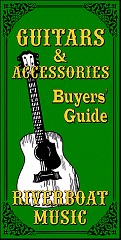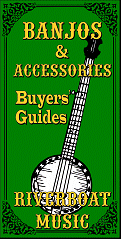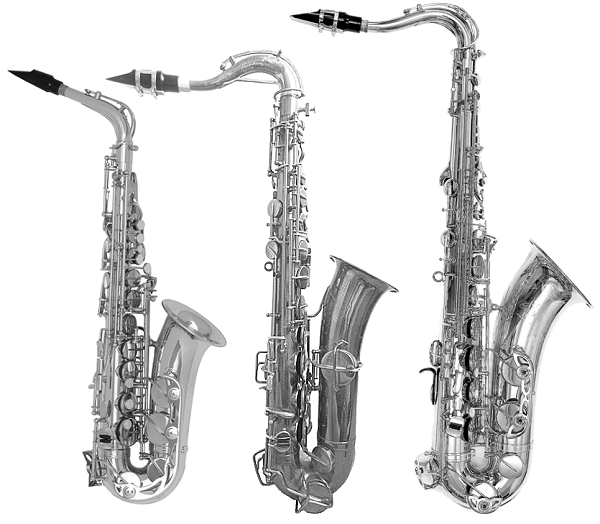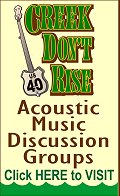

|

In this Issue - August, 2015As the Pennsylvania Dutch used to say, "We grow too soon old and too late smart." When I was a young wannabe singer/songwriter in the 1970s, I made lots of mistakes. Plus, I followed a lot of bad advice from people with their own agendas.Music went from vocation to avocation over forty years ago and never came back. The upside is that I have had a great life with a great family, and other benefits that many of my friends who "lived the dream" - at least for a while - never really had. But I still like to write songs, to play instruments, to meet like-minded people, and to play "out" once in a while. I also like to promote the kinds of music I love and to give some of today's wannabes better advice than I got 40+ years ago when I was trying to make a living in music. Our many articles on acoustic music and related topics are an attempt to address the former. But some recent events have encouraged me to think more about the latter. The time is long past when we depended on "cold-calls" to venues, physical press kits, Insty-Prints posters and handbills, and similar means to reach potential gigs and audiences. I haven't been completely out of touch - I'm a sometime web developer myself - but I'm in no position to coach youngsters on using social media to build a fan base, etc. So I've done a "crash course" to learn what I can, or at least what I can help my younger friends make use of. So if you see links to my personal music pages and a little thumbnail of me holding a banjo near the bottom of some of our web pages, that's just my way of reminding readers that I am a musician without (hopefully) being too intrusive. Speaking of banjo, we have an odd little feature this month, an old hymn tune arranged for all of the common 4-string banjo tunings and an explanation of why so many of said tunings exist. 5-stringers, don't feel left out, we have an open-G version for 5-string as well. If nothing else, this article and the link to the vintage saxophone forum below it shows how seriously we take reader input, or at least, how easily we are derailed by reader questions. If you're remotely interested in playing "out" more or letting more folks find out more about your music, you should try some of links from the "Careers" forum we discuss in the last section of this newsletter. They'll give you plenty to think about. The only hard part is knowing what to do first. I elected to do a little of each, so I have "sort of" a blog and "sort of" a Facebook page and "sort of" a YouTube channel. Hopefully I'll get more stuff out there eventually. In the meantime, enjoy your music, and share as you get a chance! This issue's articles are:
Note: These aren't like the temporary tunings that 5-string players occasionally use, such as tuning B down to Bb to play in "Shady Grove" in G minor. These are different tunings that different people put their 4-strings into and leave them there for most or all of the songs they play. Counting from the highest string to the lowest, according to classical usage, the most common tunings are ADGC ("Tenor") and EADG ("Irish" or "Octave Mando"). Other tunings you may encounter include DBGC ("Plectrum," the oldest of them all), DBGD ("Open G"), and EBGD ("Chicago"). Even if you don't play 4-string banjo or guitar, you may find it useful to know the history of these tunings. The first banjo I tried to learn (50 years ago) was a four-string, in "Tenor" (jazz) tuning. Sadly I remember almost nothing of that instrument or its chords today, But if one came across my path today, I'd have a pretty good idea what to do with it. This may also help you appreciate Irish banjo-based groups like We Banjo 3, who can flatpick their four-strings so fast, you'd swear they were Scruggs-picking. To jump to the article which includes the tabs we just mentioned and more, please click the following link.
Since I published my series of articles on vintage and used saxophones on the SchoolOfTheRock.com site, I've been getting some great questions from other sax owners. I've learned a lot, too. When I get a question, I answer the sender as quickly as possible. But I also post the Q&A to a forum page I set up some time back as part of a larger forum. I haven't publicized the forum, or the sax discussion, but many of our Q&As have gotten hundreds of views, so I know that interest is growing. You're very welcome to sign up and contribute to the discussion if you would like.
| |
|
All material, illustrations, and content of this web site is copyrighted ? 2001, 2002, 2003, 2004, 2005, 2006, 2007, 2008, 2009, 2010, 2011, 2012, 2013, 2014, 2015 by Paul D. Race. All rights reserved.
For questions, comments, suggestions, trouble reports, etc. about this play or about this web page, please contact us. |
| Visit our other music pages: | |||||

|
 |
 |

|

|

|

|

|

|

|

|

|

|

|

|

|

|

|

 Vintage Saxophone Q&A Page
Vintage Saxophone Q&A Page


